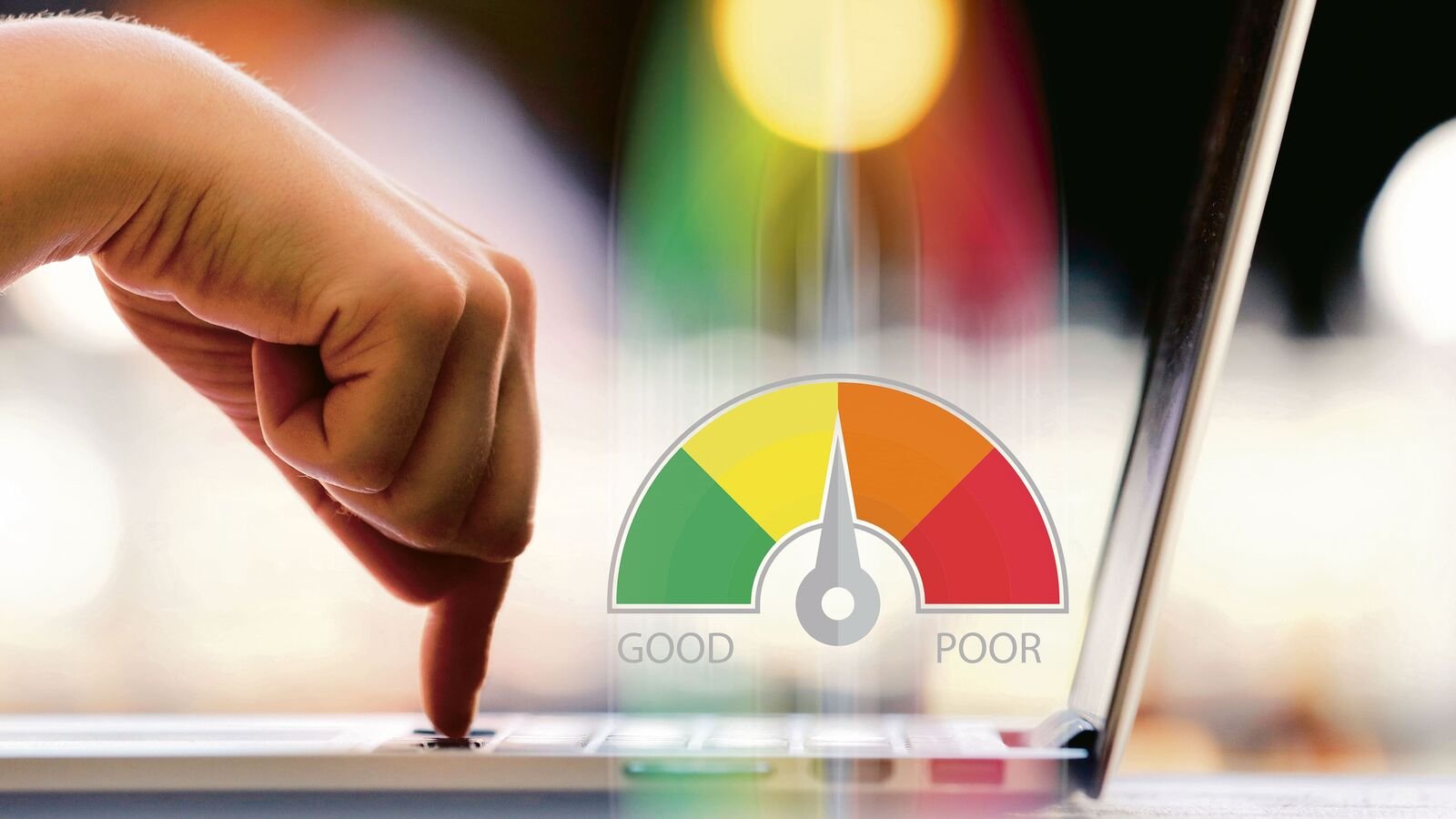Need a loan for a medical emergency or to enjoy a vacation? Whatever your purpose, a personal loan can fulfil your needs. However, a personal loan is an unsecured loan; hence, you need to meet the eligibility criteria before getting it. Among other things, your credit score matters a lot for personal loans. Your credit score can determine your personal loan eligibility and the interest rate you will pay on it. So, let us understand what a credit score is, how it matters for personal loans, and how to improve it.
What is a credit score?
A credit score is a 3-digit numeric summary of an individual’s credit history. It is an indicator of an individual’s creditworthiness. A credit score is issued by RBI-registered credit bureaus such as TransUnion CIBIL, CRIF High Mark, Equifax, and Experian. For example, an individual’s TransUnion CIBIL credit score ranges from 300 to 900.
How does credit score matter for a personal loan?
Loans are of two types: secured and unsecured. A secured loan is backed up by a collateral or a security. For example, home loans, vehicle loans, gold loans, etc., are all secured loans as they are backed up by collateral. An unsecured loan doesn’t have any collateral or security. Credit cards, personal loans, etc., are examples of unsecured loans.
As a personal loan is an unsecured loan, the bank or NBFC giving the loan relies mainly on the borrower’s creditworthiness and ability to repay. This is where the credit score comes into the picture. The financial institution uses your credit score to understand your past credit behaviour and accordingly determine whether it should proceed ahead with your personal loan application.
Using your credit score, the financial institution determines
Loan eligibility: Most banks or NBFCs consider a CIBIL credit score of 750 or higher healthy. Financial institutions may use a specified credit score as a cut-off for deciding the eligibility criteria for a personal loan. So, if your credit score is below the set number, your personal loan application may get rejected.
Suppose the credit score is above the specified number. The financial institution may look at other criteria such as income, profession, city, debt income ratio, etc., apart from the credit score. Hence, you should always work towards improving your credit score. If your credit score is already good, you should work towards maintaining it.
A good credit score will make you eligible for personal loans. However, please note that credit score is one of the criteria for personal loan eligibility, but an important one. Along with a good credit score, other eligibility criteria must be satisfied for getting a personal loan.
Interest rate: In the earlier section, we discussed how a CIBIL score of 750 is considered good by most financial institutions for a personal loan. The higher the credit score, the better. If your credit score is above a specified level, the financial institution may give you the benefit of a lower interest rate on personal loans compared to other borrowers. For example, if your CIBIL score is 800 or above, the financial institution may give you the benefit of 0.25% or 0.50% lower interest rate on the personal loan. It differs among financial institutions; some may not lower the interest rate even with a higher credit score.
How to improve your credit score?
In the above section, we saw how a good credit score can make you eligible for a personal loan and may also provide the benefit of a lower interest rate. So, you may take the following steps to improve your credit score.
Timely repayment: Always pay your existing loan EMIs and monthly credit card bills on time. When you do that, you are sending a message to financial institutions that you are a responsible borrower who pays on time. Timely repayment has the highest weightage among components considered for calculating your credit score. So, time repayments will boost your credit score.
Lower credit utilisation ratio: The credit utilisation ratio refers to how much credit you are using from what is available to you. For example, suppose you have a credit card with a credit limit of Rs. 1 lakh and have utilised Rs. 10,000. It means your credit utilisation ratio is 10%.
You should maintain a credit utilisation ratio of 30% or lower for a good credit score. The lower your credit utilisation ratio, the better it contributes towards improving your credit score.
Avoid too many loan applications in a short time period: You should avoid applying for too many loans or credit cards in a short span of time. Such behaviour shows you are hungry for credit and has an adverse impact on your credit score. To maintain a good credit score, you should apply for loans or credit cards by maintaining a sufficient time gap between two applications.
A healthy mix of secured and unsecured loans: To maintain a good credit score, you should have a healthy mix of secured loans (home loan, vehicle loan, gold loan or other loans against any security) and unsecured loans (credit card, personal loan, education loan, etc.).
When you have a good mix of secured and unsecured loans, it contributes towards improving your credit score.
Don’t close old credit cards: The tenure of a loan or the time since you are holding a credit card matters for your credit score. The older the existing loan tenure or, the higher the number of years since you are holding a credit card, the better it contributes towards improving your credit score.
For example, if an individual has been regularly paying a home loan EMI for the last 10 or 15 years, it will contribute towards improving their credit score. Similarly, if you hold a lifetime free (LTF) credit card, don’t close it even if you don’t need it. Just do a small transaction every few months and keep it active. The older the card, the better its contribution towards improving your credit score.
A good credit score is the key to personal loan eligibility
In the case of a personal loan, you don’t need to specify to the financial institution for what purpose you will be using the money. So, whether you need money for a medical emergency or you want to enjoy a family vacation, you can rely on a personal loan. However, make sure you always maintain a good credit score when applying for a personal loan. If your credit score is low, work towards improving it. If you already have a good credit score, work towards maintaining it or further improving it. A good credit score is the key to personal loan eligibility and may even benefit you with a lower interest rate.
Gopal Gidwani is a freelance personal finance content writer with 15+ years of experience. He can be reached at LinkedIn.
Unlock a world of Benefits! From insightful newsletters to real-time stock tracking, breaking news and a personalized newsfeed – it’s all here, just a click away! Login Now!




